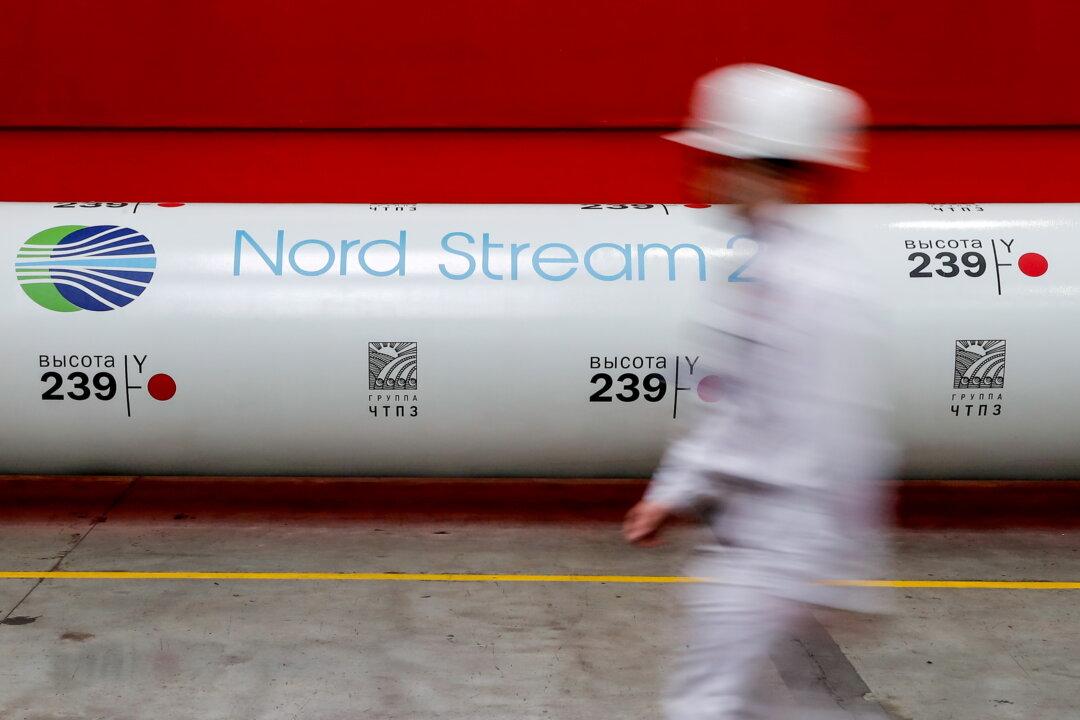Russia’s Gazpromtrans, the rail shipment subsidiary of state gas monopoly Gazprom, said it stopped taking orders to transport liquefied petroleum gas (LPG) to Ukraine as of Feb. 18 because of political tensions between the two countries.
Gazpromtrans told its clients in a note to consider other destinations for their supplies, but that it would fulfill existing orders and continue to provide full compensation to customers if any damage is caused to rail cars during deliveries.





